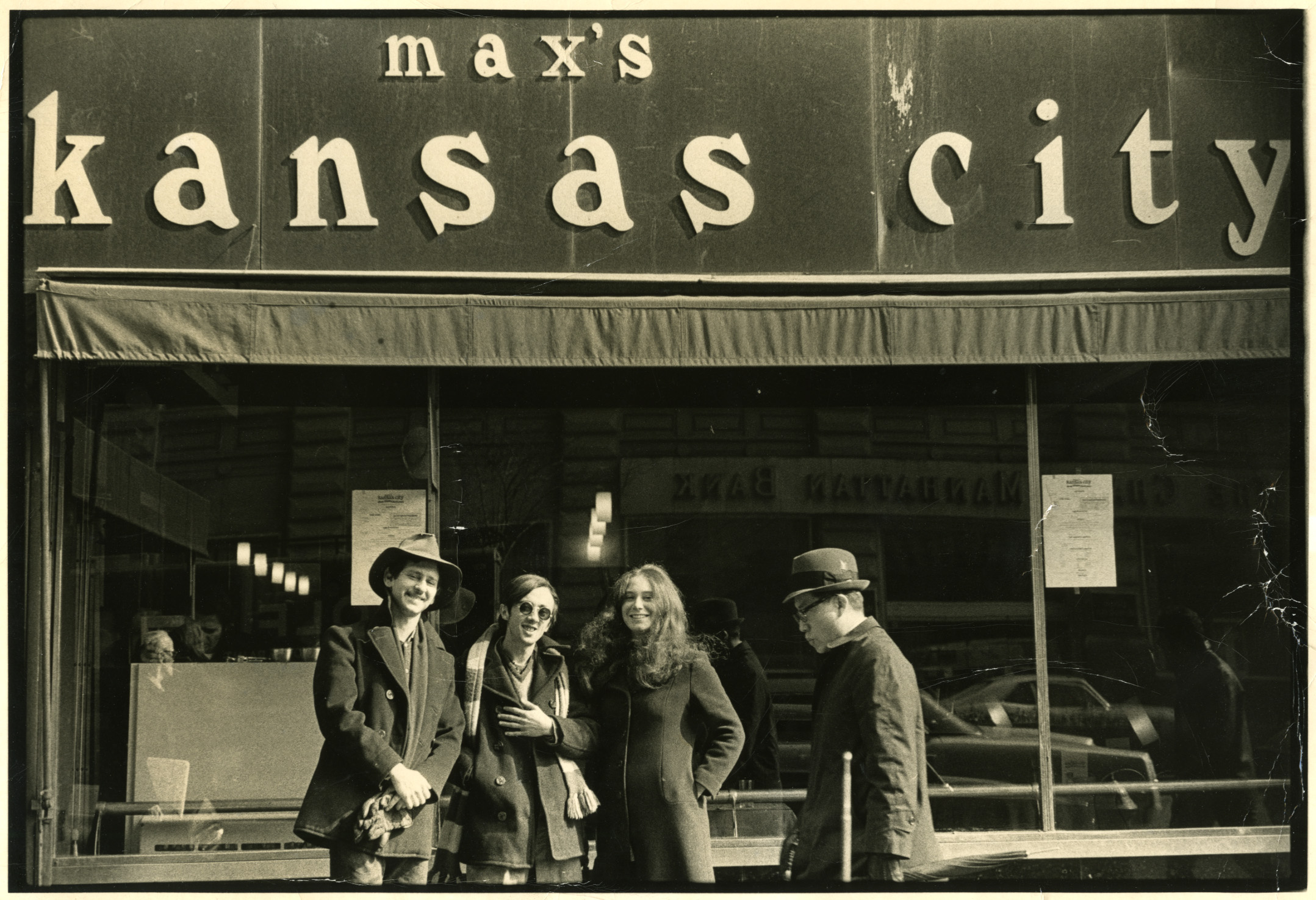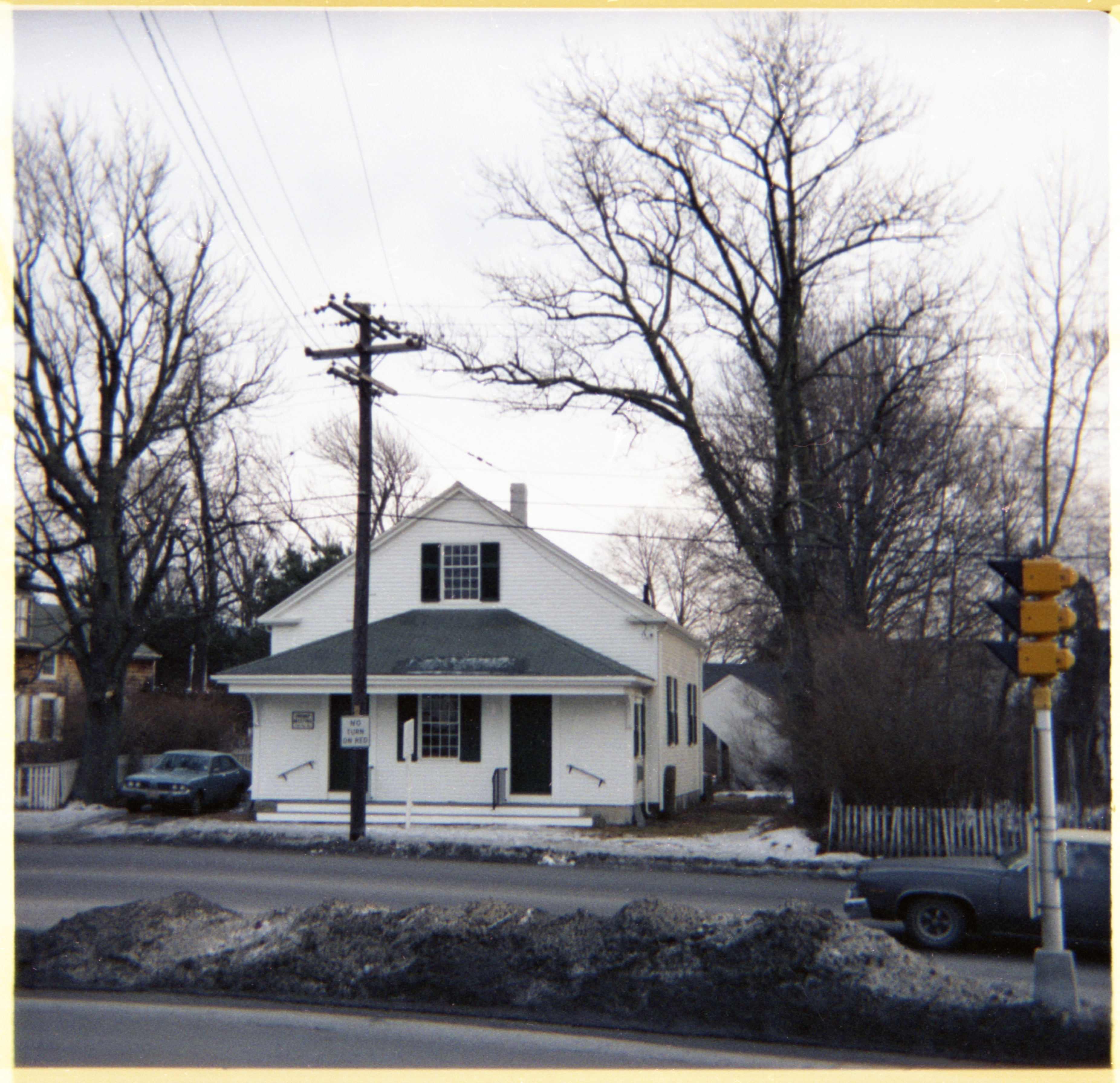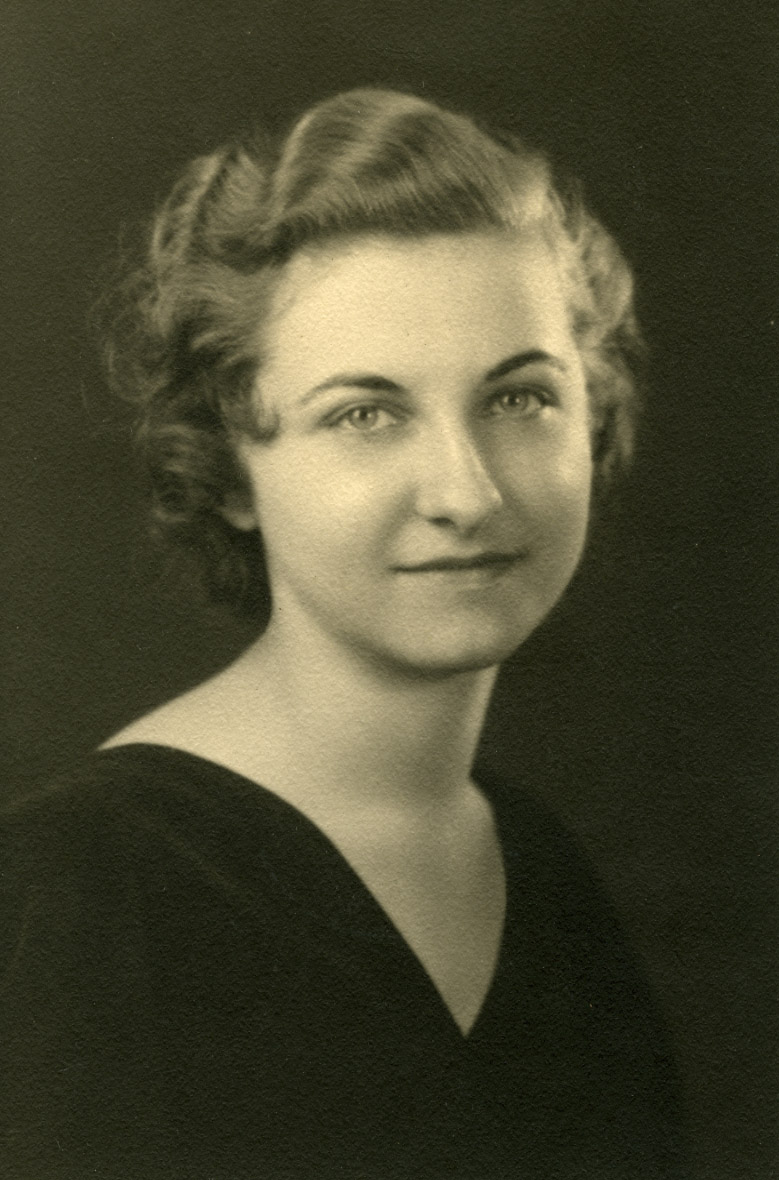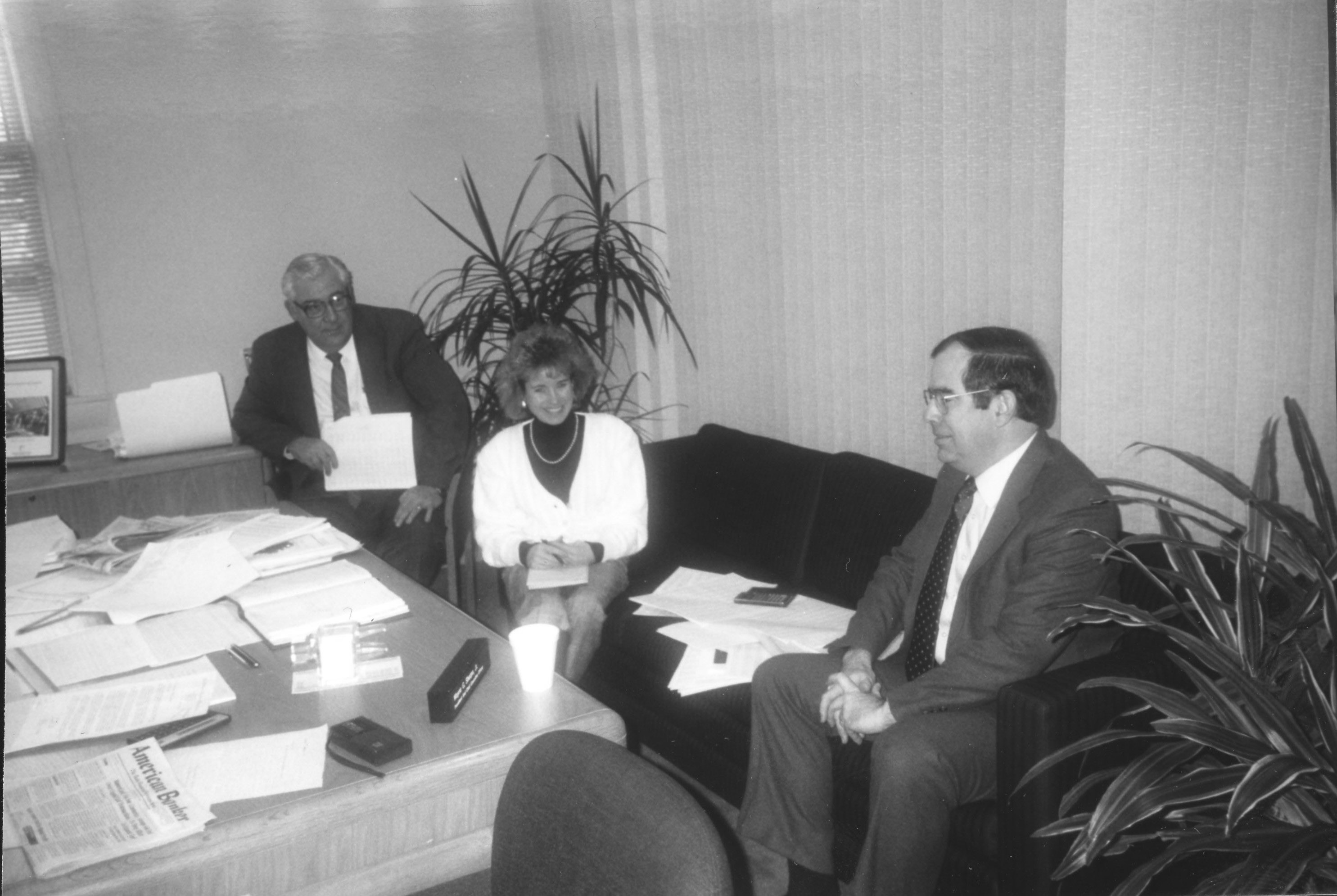Peter d'Errico Papers
With a law degree from Yale in hand in 1968, Peter d’Errico began work as a staff attorney with Dinebeiina Nahiilna Be Agaditahe Navajo Legal Services in Shiprock, Arizona, representing indigenous People’s interests in the US courts. Stemming from his frustrations with a stilted legal system, however, he evolved into an “anti-lawyer,” and in 1970 returned to academia. Joining the faculty at UMass Amherst, d’Errico focused his research and writing on the legal issues affecting indigenous Peoples, and he regularly taught courses on indigenous People’s law and the role of the law in imposing state systems on non-state societies. His impact was instrumental in establishing the Department of Legal Studies. Both before and after his retirment in 2002, d’Errico also remained active as a practitioner in indigenous People’s law.
The d’Errico collection contains a significant record of d’Errico’s high profile legal work in indigenous People’s law, including his work with Western Shoshone land rights and on the case Randall Trapp, et al. v. Commissioner DuBois, et al. In Trapp, a long-running, but ultimately successful First Amendment case, he and Robert Doyle represented prisoners in the Massachusetts Department of Corrections seeking to establish a sweat lodge.





